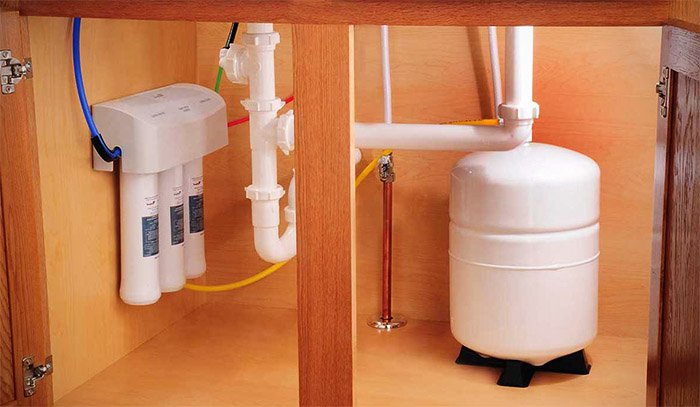
The Benefits of a Home Water Filter
The Benefits of Water Filters
A water filter is a device that removes contaminants from water by using various processes such as absorption, coagulation, sedimentation, and filtration. A water filter typically consists of two parts: the water enters the water filter at one end and clean water leaves at the other end. As clean water is good for health then you can use Waterdrop purified water and keep yourself healthy.
When it comes to your family’s health, you need to make sure everyone has access to clean drinking water – in order for this to happen, installing a water filter in your home or workplace is essential!
Clean Water is Essential to Human Health
Even though water is a natural resource, it needs to be protected and treated.
Water filters are the perfect way to clean water on a household level. They remove many of the contaminants that may be found in water and make it safe for human consumption.
The water in your home is the water that you and your family drink. It can be a health hazard if it’s not treated properly with water filters. Those contaminants could make people really sick or hurt them over time, especially children who are more vulnerable to problems created by water contamination.
How we Benefit from Filtered Water
Water filters remove contaminants from tap water, such as lead and chlorine. There are also other known benefits such as:
- water tastes better
- water is fresher and healthier for people to drink
- water will be drinking water instead of wastewater. This is important because there are many contaminants in wastewater that can create illness when consumed by humans or animals
- home water filter systems are relatively inexpensive and cost less to maintain than water bottled water
- water filters make your home’s plumbing last longer because they don’t have to work so hard
- water filter systems are environmentally friendly
- Fridge water filters for home can be selected according to fridge models and provide filtered water with the press of a button

Types of Water Filtration Systems
The most common type of water filters are activated carbon filters which use granular activated carbon (GAC) media as their primary adsorbent material. GACs can remove organic compounds like pesticides or volatile organics like benzene.
There is also a water filter in the form of reverse osmosis systems which process water by forcing it through a membrane using high pressure to remove contaminants. It can be used as an alternative for people who don’t like the taste of water filtered with activated carbon filters, and they are good at removing compounds that other water filtration systems can’t remove.
The water vapor distilling water filter is another option for water filtering systems in the home, and it’s usually used by people who have a high risk of contracting lead poisoning from drinking water because it removes 99% of all contaminants found in water such as chlorine or heavy metals.
There is also a distiller water filtration system that does not remove contaminants found in water such as fluoride or chlorine but it can still produce healthier water than tap water because of its ability to remove heavy metals like lead and mercury, which are known toxins.
There are also portable water filters that you can carry around and they work as water filters do, but in a more compact way.
The water filter that you choose will depend on your water needs and the amount of water consumed by an individual or family daily. You’ll also need to think about what contaminants are most relevant for you and whether it’s necessary to remove them from water.
Why use Water Filters?
Water filters might seem expensive at first glance, but water filters are a much more cost-effective and eco-friendly alternative to water bottles.
The benefits of water filters in the home outweigh any initial costs associated with buying one for your family or household. With water filter systems, you can rest assured that everyone is getting safe drinking water while lowering the impact on our environment and not spending so much money on water.




